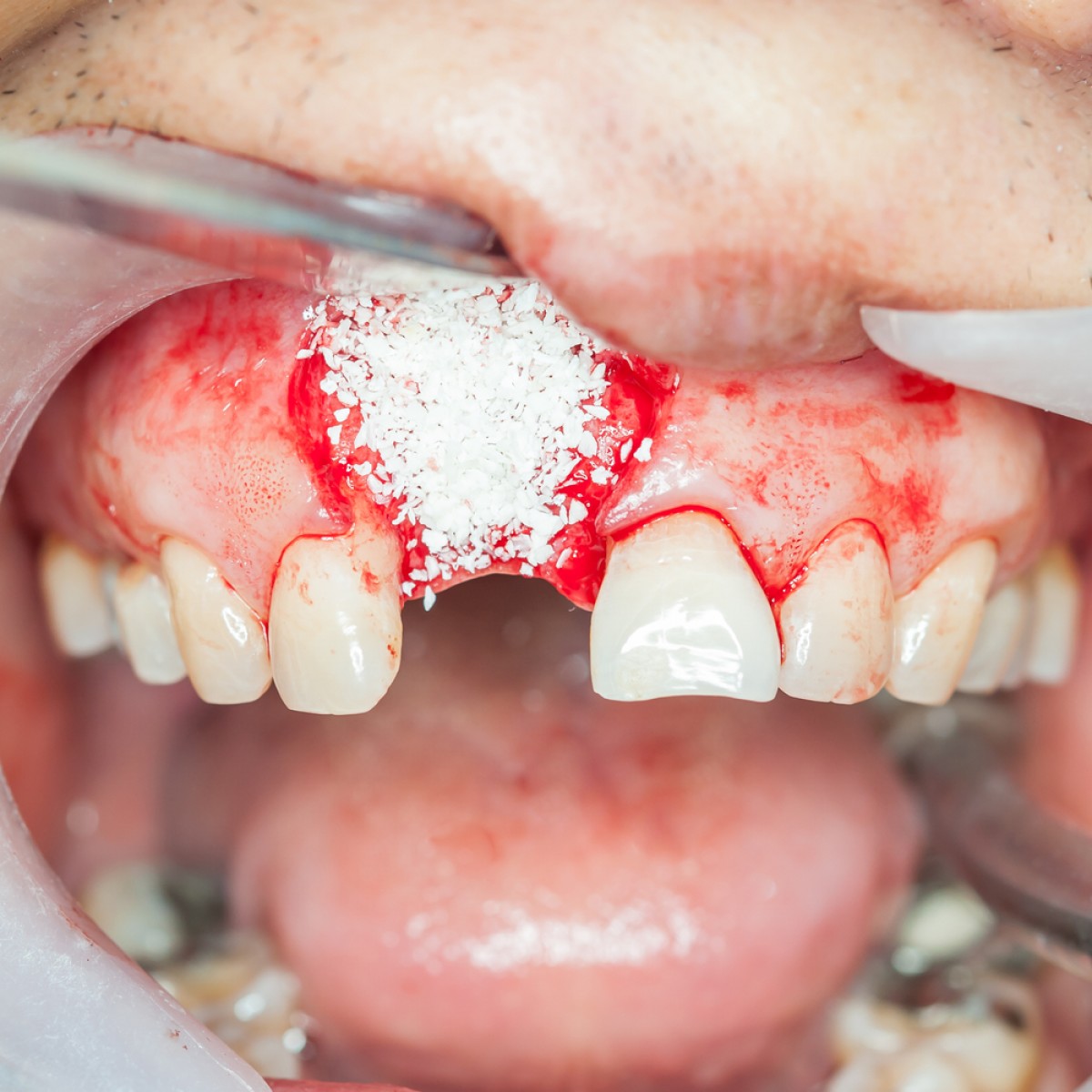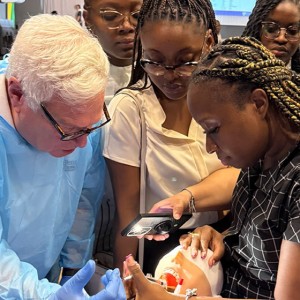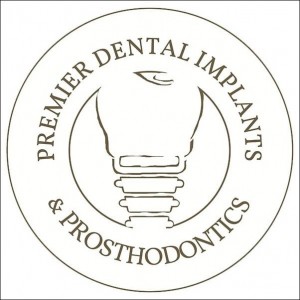
Novel Technique Offers Suture Alternative for Free Gingival Graft Procedure
Dental implants are a widely used, common substitute for missing teeth to help maintain jaw alignment, oral health, and overall well-being; however, complications can still arise as dental implantation is considered major oral surgery. There are many steps dental practitioners must take to ensure a successful implant procedure, one of which is performing grafts to ensure the oral tissues, especially the keratinized mucosa (KM), are healthy, stable, and plentiful enough to sustain the implant. Without adequate KM width (KMW), the implant site is vulnerable to infection and inflammation that could prevent proper healing and ultimately cause implant failure.
Researchers from Wuhan University and private practice in Wuhan, China; Edong Healthcare Group in Huangshi, China; and the University of Toronto in Toronto, Ontario, Canada, recently published a study in the Journal of Oral Implantology to assess a novel technique for augmenting the KM and to help improve the time-consuming suturing stage of the free gingival graft (FGG) needed to support implantation. Given the complications that can arise during suturing, including postoperative pain and inflammation, and that suture-less techniques remain controversial, Anbin Xu, DDS, and colleagues state, “a novel ‘microscrew with tie-down sutures’ technique was proposed to stabilize FGG on the recipient site as an alternative to the traditional suturing method.” They hypothesized that “this technique can simplify the FGG surgical procedure, shorten surgery time, and enhance KM around the implant more effectively.”
Xu et al. present a case study of a 65-year-old woman with three missing teeth on the right side of her jaw. She had three implants placed approximately three months earlier. After three months, the healing cap on one tooth fell off and was loosening on another, indicating that the implant procedure was not succeeding as planned. The researchers also noted that the KMW was less than optimal, and debris built up around the healing caps.
The patient underwent additional oral surgery to increase the KMW by way of a FGG with an apically positioned flap. The FGG was closed using the novel “microscrew with tie-down sutures” method, and antibiotics were prescribed for two days. At 14 days post-surgery, the FGG showed no signs of infection and was healing well; all sutures were removed. At one month, healing was complete, and the implants were determined to be ready to be restored. The KM was stable and healthy one year after restoration, and the implantation was successful.
The success of this novel procedure offers a new avenue for suturing after an FGG procedure that could lessen surgery time and increase overall KMW. Xu and colleagues conclude, “The ‘microscrew with tie-down sutures’ technique presents a feasible, simplified, and problem-solving resolution for enhancing KM around the implant in the posterior area. Future studies on this technique should include additional cases and longer tracking times.”
Full text of the article, “A Novel ‘Microscrew With Tie-Down Sutures’ Technique for FGG Anchorage: A Case Report,” Journal of Oral Implantology, Vol. 50, No. 2, 2023, is available at https://meridian.allenpress.com/joi/article/50/2/75/500533/A-Novel-Microscrew-With-Tie-Down-Sutures-Technique.
About Journal of Oral Implantology
The Journal of Oral Implantology is the official publication of the American Academy of Implant Dentistry and the American Academy of Implant Prosthodontics. It is dedicated to providing valuable information to general dentists, oral surgeons, prosthodontists, periodontists, scientists, clinicians, laboratory owners and technicians, manufacturers, and educators. The JOI distinguishes itself as the first and oldest journal in the world devoted exclusively to implant dentistry.
Source: http://www.joionline.org/orimonline/?request=index-html
 Related articles
Related articles
Prosthodontics 23 January 2025
Mobile Learning App A Novel Method to Teach Clinical Decision Making in Prosthodontics
Prosthodontics involves replacing lost dentofacial structures using artificial substitutes. Due to availability of many materials and techniques, clinician's clinical decision-making regarding...
The concept of digital dentistry has become more popular, and it has been possible to obtain both aesthetic and functional results with a wide range of indications.
Prosthodontics 30 November 2023
How to classify structurally compromised teeth? A novel classification proposal
Natural teeth can undergo structural compromissions as a result of caries, fractures and severe wear.
Pediatric dentistry 24 September 2025
The objective of this study was to survey members of the American Academy of Pediatric Dentistry (AAPD) regarding their use of behavior management techniques.
Endodontics 01 September 2025
Many recent technological advancements have been made in the field of endodontics; however, comparatively few studies have evaluated their impact on tooth survival.
 Read more
Read more
Periodontology 14 November 2025
This study was carried out to assess the oral hygiene awareness and practices amongst patients visiting the Department of Periodontology at Gian Sagar Dental College and Hospital, Ramnagar (Patiala).
Editorials 14 November 2025
Penn Dental Medicine shared its expertise in caring for persons with disabilities with dental care providers from throughout Jamaica at a 1 ½ -day hands-on continuing education program, held October...
News 14 November 2025
Dr. Thomas M. Paumier, a dentist in Canton, Ohio, is the new President-Elect of the American Dental Association (ADA). Dr. Paumier was elected at the ADA House of Delegates meeting in Washington,...
News 14 November 2025
Premier Dental Implants & Prosthodontics is proud to announce the opening of its newly renovated dental office and the launch of its new website
News 14 November 2025
Henry Schein One and AWS Collaborate to Transform Global Dentistry with Generative AI
Industry leaders join forces to bring advanced AI capabilities to dental technology platforms — redefining patient care, clinical efficiency, and practice performance worldwide














